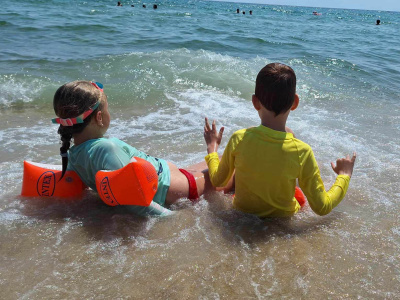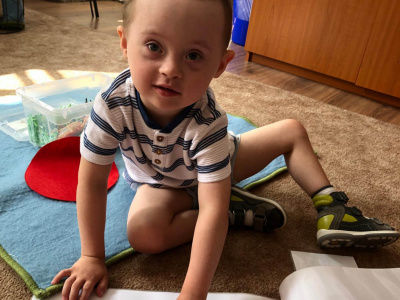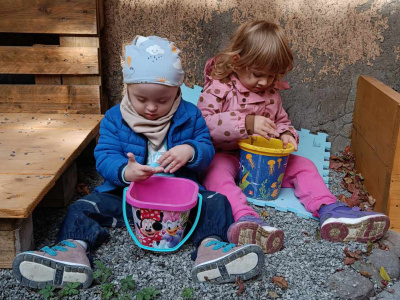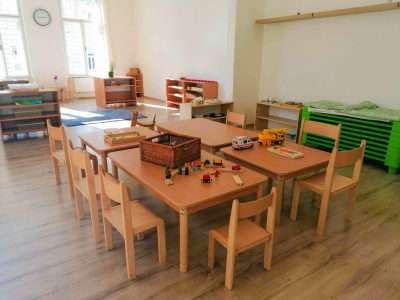Panic day
After yesterday's traditional MDŽ, I discovered Panic Day in my calendar today.
Hmm.. I wonder what I tend to panic about?
I confess that in my personal life I currently feel completely safe and do not feel threatened. I have a loving, wise and successful man by my side, healthy children.
However, it is different in the work area. I literally feel HORRIFIED there on a daily basis….
I studied psychology and since finishing school I have been working plus or minus without a break on the topic of childhood developmental disorders. I listen to the stories of parents who are looking for a way to help their children on the spectrum of neurodevelopmental disorders get "on track", so to speak, so that they can live functionally. Not only their children, but also themselves. They are like family.
Neurodiversity - the fact that our society is and will continue to be more and more neurodivergent is not just a new term for me, which fortunately is slowly starting to appear in our Slovak vocabulary.
This is the daily reality of people who come to me with fears, but with great confidence that, as a child development expert, together with my colleagues, we will help their children.
Based on worldwide statistics, 10-12% of children between the ages of three and 17 have been diagnosed with a neurodevelopmental disorder. 10-12% of children in Slovakia too, whose parents are looking for a way to optimally support their development. Because they wish a good future for them.
What can we offer them?
In the first three years of life, when the rate of brain plasticity is the highest and the entire Western world provides EARLY INTERVENTION, we offer almost nothing. At least nothing evidence based. From three to six years old, we have nothing again - INCLUDING kindergartens systemically do not exist and ordinary children with developmental disorders will not accept...
And so, at the age of six, 10-12% of children begin their journey with compulsory school attendance, so that it is clear to us experts that there is definitely not a bright future at the end of it.
WE DO NOT PREPARE THEM FOR THE LABOR MARKET IN SLOVAKIA. We will not allow them to contribute to GDP. We look at how adults with developmental disabilities of varying degrees and severity remain at best in day care homes or simply at home. With the mother, who, by the way, we also excluded from the labor market - after all, who can take care of a child with a developmental disorder better than a mother...
What will our society look like in 20 years, when we as the state, we as its ordinary residents and we as experts - leave these families without real evidence-based help? This makes me PANIC and not only on Panic Day...
This apprehension and, I admit, a bit of professional embarrassment gives me the DRIVE to run a non-profit organization.
So that my colleagues and I will try to change this Slovak hopelessness. To convince our monocultural society, through examples of good practice, that the path of a child can look different than what we are used to... and that everyone, indeed everyone, can be of benefit to our country if we find a way.
If instead of panicking, we will finally start looking responsibly.
Simona Šimková






